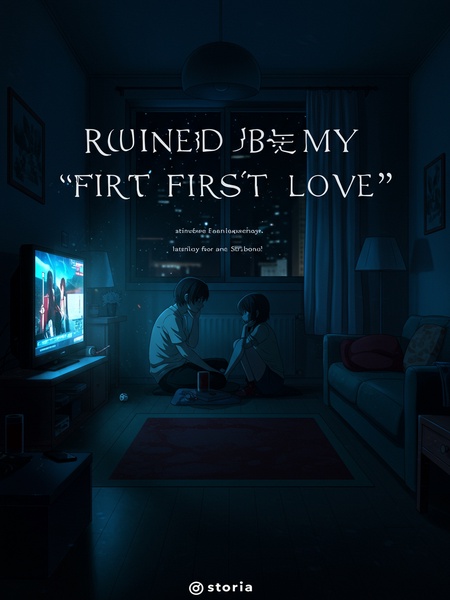Chapter 5: No Dignity Left
To this day, I still sometimes dream of the look on Natalie’s face that night—like she was pitying me.
Her face floats up in the darkness, eyes soft and distant, lips turned down in a way that says more about her than me. Some nights I wake up angry, other nights I just wake up numb.
After I handled my parents’ funerals, I went to serve my sentence. Three whole years. I don’t know how I survived it.
The days blurred together in the gray light, my mind dulling with every lockup, every meal on a plastic tray. I counted cracks in the ceiling, measured time by the shouts in the yard.
Someone once asked why I was in prison. I told them: fighting. They asked again, why did you fight? I couldn’t answer. I was too scared to mention my parents. I didn’t dare say a word.
Their faces would tighten with suspicion, but most just shrugged. Everyone had their own pain, their own stories. I learned to keep my head down, never borrow cigarettes, and never ask about anyone’s charges.
The year I got out, on the winter solstice, it snowed hard. I wore a thick coat with one sleeve half missing, wandering the streets. The coat was a gift from an old cop when I was released. The street was cold and empty. My house had been repossessed by the landlord while I was in prison. I had nowhere to go. No home left.
My breath made clouds in the air, my toes numb in my sneakers. I wandered past shuttered stores and boarded-up windows, the world hushed under a blanket of snow. Sometimes I’d stand under a streetlamp and pretend I was waiting for someone, just so I’d have a reason to keep standing.
I drifted through the city in a daze. I sat beside a garbage bin, watching stray cats rummage through the trash. They looked as lonely as I felt.
One orange tabby paused, locking eyes with me before darting away. I envied its freedom, its simple hunger.
I’d thought about finding Marcus as soon as I got out and beating him into the hospital—maybe even killing him. But I couldn’t find him. I heard he’d gone overseas. His family always had money.
Word was, his parents shipped him off to some fancy boarding school in Europe, paid to keep the trouble far from home. People like that never have to stick around for the messes they make.
When Marcus heard I’d been released, he had Caleb video call me to show him how miserable I was. Caleb was Marcus’s lackey, an obedient dog who’d do anything Marcus said.
Caleb always seemed to have his phone glued to his hand, live-streaming his own pitiful existence for Marcus. I’d catch him glancing over his shoulder, making sure Marcus was still watching, still pulling the strings.
The snow kept falling, heavier and heavier. People hurried by, heads down. Only Caleb deliberately came out to find me.
His boots crunched in the snow as he stopped by the garbage bin, breath visible in the freezing air. He grinned, all teeth and meanness, phone already recording.
“Dead? Hey, get up!” Caleb kicked my knee.
Pain shot up my leg, yanking me out of my fog. I blinked, vision blurry from cold and exhaustion.
I slowly opened my eyes. Caleb shoved his phone right in my face.
The phone’s lens caught every detail—the snow on my eyelashes, the bruises on my cheek. I looked away, but he shoved the phone closer.
“Derek, what are you hiding for? Look at the camera!”
On the video call, Marcus’s laugh rang out, loud and cruel. Caleb laughed too. Their faces looked rotten, crawling with maggots in my mind, giving off a stench.
Their laughter was thin and cruel, echoing off the empty street. I felt a cold deeper than the snow settle in my bones, but I kept my head up, refusing to look away. I’d lost everything else; I wouldn’t lose my pride.
Their laughter faded into the snow. I stared up at the gray sky and promised myself: I’d get back up. No matter what.
